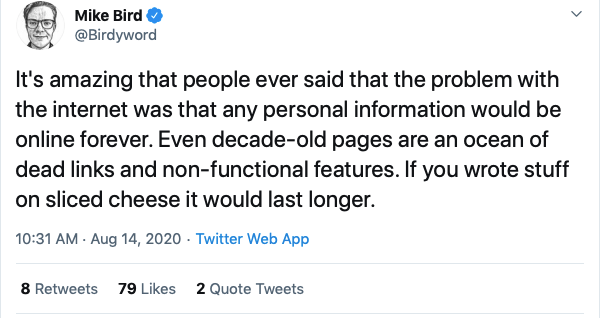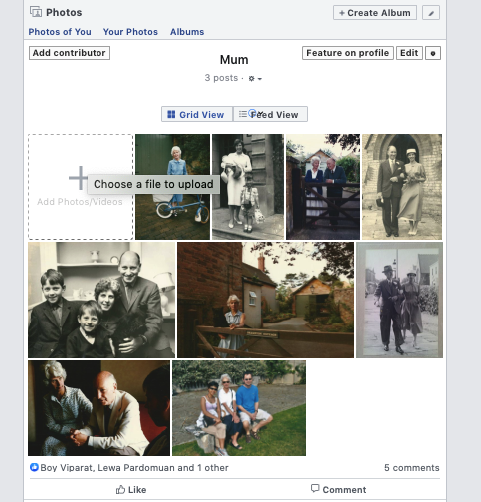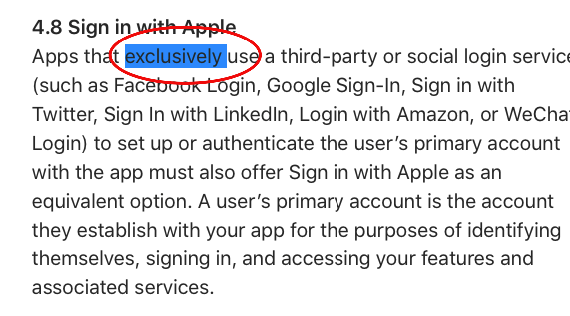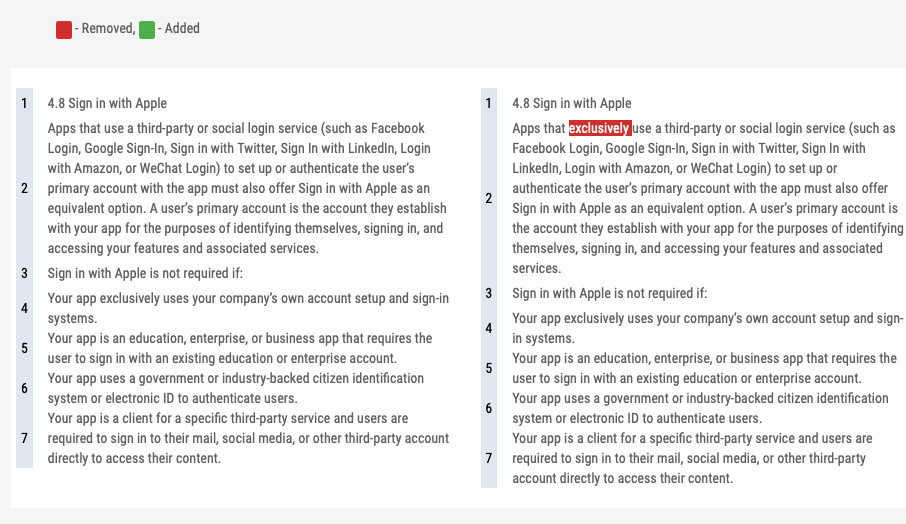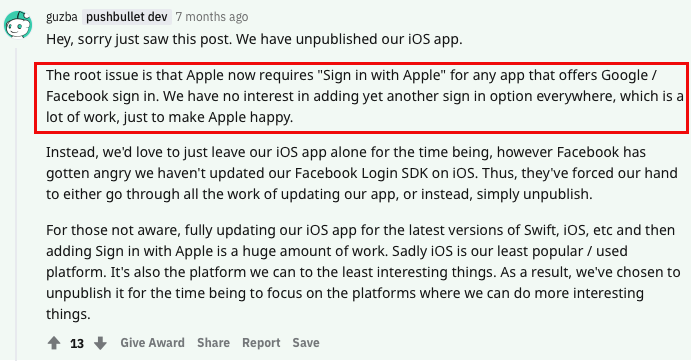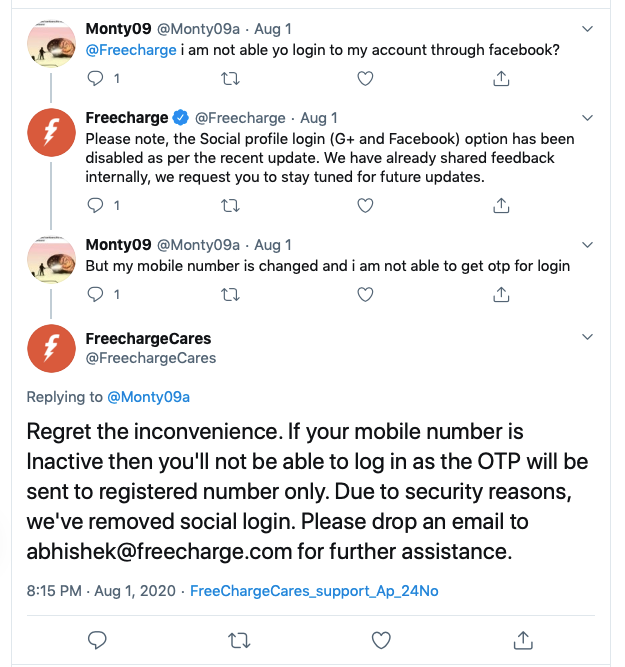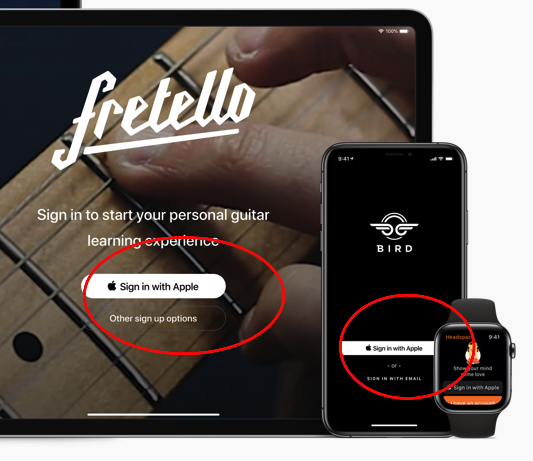
It will take some time for the true toll of the coronavirus pandemic to be known, but for me one of the most invidious, and unnecessary, costs will be for the generation of kids uneducated and lost to screen addiction. Nowhere is it more visible than in Indonesia.
Take the daughter of a friend: let’s call her Aneesa (not her real name), a 12-year old who will shortly be shipped off to an Islamic boarding school, or pesantren, where she will spend three years memorising the Koran. This is because her state school has been shut since the end of March, and she has been left by her parents and teacher to study online, which mostly means alone. The teacher will send instructions by WhatsApp of what to read and students will send in their assignment the same way. Which means the students will effectively have a phone by their side from 7 am to 2 pm, without interruption or supervision.
Under such conditions it’s unsurprising she had become addicted to games, Youtube and social media; even her three year-old cousin has access to a phone and is similarly addicted. Although I don’t think the solution, to pack her off to a pesantren, was necessarily the right one, you can understand the frustration — and the lack of resources — that led to it.
Cellphone addiction is nothing new in Indonesia. A study published last year1 by researchers at the University of North Sumatra found that three quarters of boys and girls in Aneesa’s age-group were addicted to their smartphones. A study (PDF) by researchers at Padjadjaran University in Bandung2 the same year found that 26% of students they studied had “mental, emotional disorders with smartphone addiction.” They found a clear correlation between smartphone addiction and mental and emotional problems of early adolescents.
This is depressing, but unsurprising. COVID aggravates the problem in particularly pernicious ways. On the one hand children are being pushed towards their gadgets to study remotely. But it’s those same gadgets that they are being drawn to. So the school-work doesn’t relieve them of their addiction, it just reminds them of it, and is an obstacle to be overcome.
The other problem is time. At what point does playing with a gadget become an addiction? A study (PDF) by different researchers at the University of North Sumatra in 2019 of elementary school students3 found “a significant relationship between the respondent’s mental emotionality on the number of hours of gadget usage in a week.” It concluded that children should play with gadgets less than 40 minutes a day, less than three times per day and between 1 and 3 days a week. It found that 28% of the kids studied registered on the mental emotional scale as abnormal, and 36% were borderline.
The problem with lockdown is that time is no longer a scarce resource. And with parents harried and distracted, under-resourced or -motivated teachers either phoning it in or not phoning in at all, kids have easily scaled the walls of any constraint on screen time. A study (PDF) by Chinese researchers in Changsha4 found a doubling in the frequency of using electronic devices recreationally among children and adolescents during COVID. (More than half of those considered addictive users were on their devices more than six hours a day.) (You can see the table here.)
This is a whirlwind that will reap away a generation of kids and adolescents. My friend Aneesa will miss a vital three years of education, but truth be told she wasn’t getting much anyway. None of this is her fault. The lack of government effort to ensure children’s education is not too damaged by COVID is in part to blame. But not all.
For we have helped create this beast. The addiction to these devices, like cigarettes, is not an unfortunate byproduct of their success. It is the reason for their success. Every game, every Facebook tweak, every Youtube video suggestion and autoplay on-by- default setting, all feed addiction. Each is an ingredient in the nicotine of the reason for these gadgets.
We need to take a long hard look at who and what is responsible for this, and who and what we should be cheering. Indonesia has long been an early adopter of technology and has one of the highest smartphone usage rates in the world. Back in 2014 it topped a survey (PDF) of device usage in 30 countries compiled by Millward Brown AdReaction, with Indonesians spending an average 3 hours a day on their phone, and a total 9 hours across TV, tablet, smartphone computer.
The thing is this addiction is seen as a good thing, commercially. Mobile commerce has really taken off in Indonesia, and addiction has fed this. See this headline for an “Indonesia Investments” newsletter: Indonesians’ Addiction to Smartphones Allows for Rapid Development of the Digital Economy.
No real effort has been made to wean kids off this addiction: a worthy effort by a team of Indonesian students got some press in late 2019, but the inventor behind Nettox, Irfan Budi Satria, told me “the invention itself was a product developed for a student competition, and early on it was never really our intention to commercialize it.” An initiative by the government of Bandung, a city southeast of Jakarta, handed out chicks to seventh-graders in December in the hope of building their character and diverting their attention from the screen. It was, inevitably, called chickenisation, and its fate is not known.
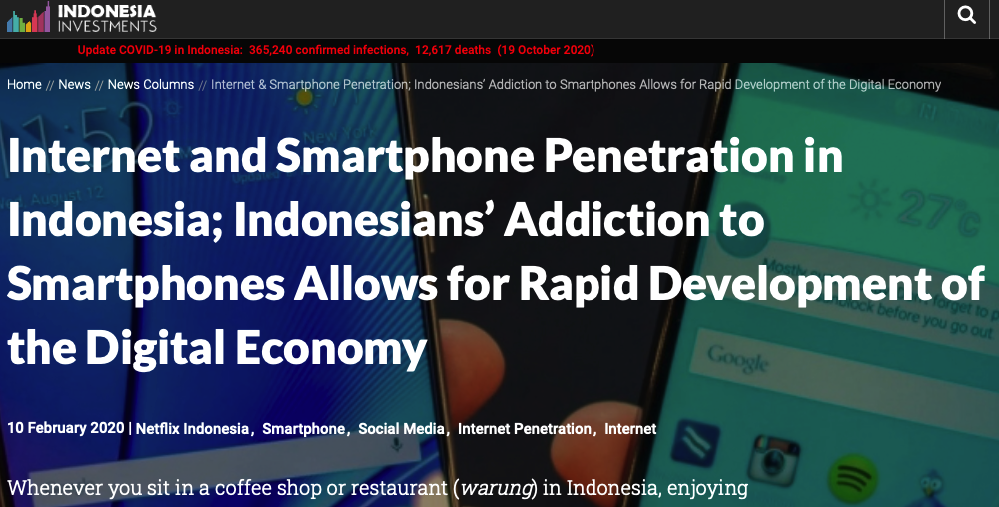
So frankly no one comes out looking good from this, and no one gets off the hook: Even device manufacturers. We have been encouraged to fetishise our gadgets, and to upgrade them as much as we can. Because we tend to hand back, pass on, or shove in a drawer our previous devices, we don’t quite realise what kind of footprint this covetousness leaves, and how much it costs us. I’ve not bought a new Apple device in years, but still I have a cupboard full of discarded cables, plugs and adapters:

This is a vicious cycle of addictive devices, designed for lust and obsolescence, addictive services which push new content, nudge us into interaction, dangle rewards ahead of us, from which even the smartest and most mature of us are defenceless. And then give it to a three-year old, an eight-year old, a 12-year old. It was never going to be a fair fight.
I would like to see some justice. My confession is that I’ve been remiss in thinking that the more internet there was, the better off everyone would be. I remember CD-ROMs of Wikipedia being delivered to remote villages, of SMS being the poor businesswoman’s email lifeline. Now I see a device that is casting an addictive glow over the face of a generation of schoolchildren, from Jakarta to Djibouti.
Someone somewhere should hang their head in shame.
- Arthy CC, Effendy E, Amin MM, Loebis B, Camellia V, Husada MS. Indonesian Version of Addiction Rating Scale of Smartphone Usage Adapted from Smartphone Addiction Scale-Short Version (SAS-SV) In Junior High School. Open Access Maced J Med Sci. 2019 Oct 15; 7(19):3235-3239. https://doi.org/10.3889/oamjms.2019.691 ↩
- Influence of Adolescents’ Smartphone Addiction on Mental and Emotional Development in West Java, Indonesia, March 2019, Majalah Kedokteran Bandung 51(1):46-52 ↩
- Wahyuni AS, Siahaan FB, Arfa M, Alona I, Nerdy N. The Relationship between the Duration of Playing Gadget and Mental Emotional State of Elementary School Students. Open Access Maced J Med Sci. 2019 Jan 15; ↩
- Dong H, Yang F, Lu X and Hao W (2020) Internet Addiction and Related Psychological Factors Among Children and Adolescents in China During the Coronavirus Disease 2019 (COVID-19) Epidemic. Front. Psychiatry 11:00751. doi: 10.3389/fpsyt.2020.00751 ↩


